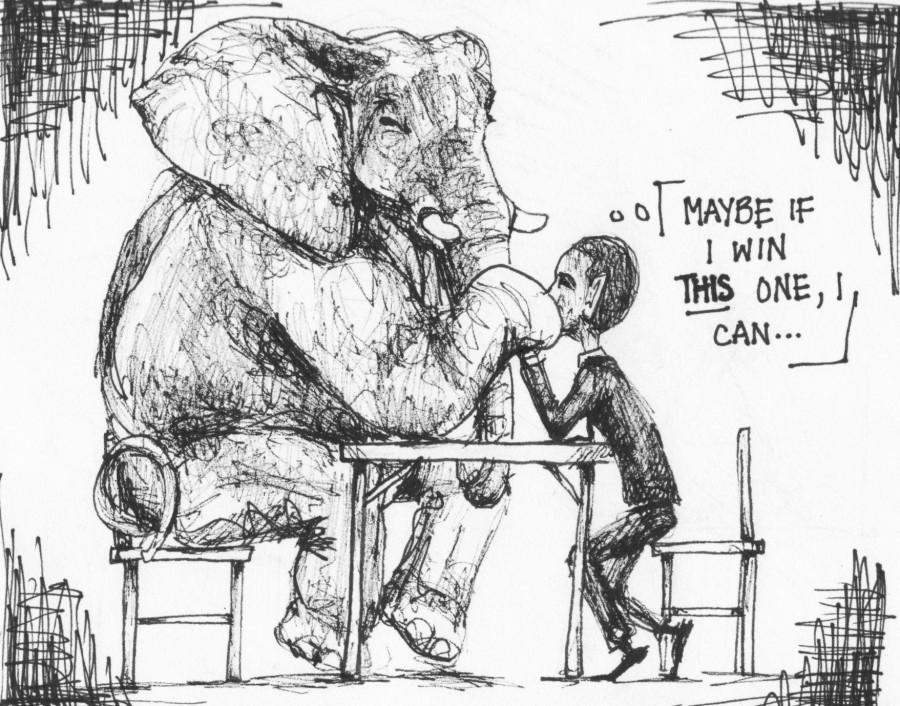Following Google’s retreat from mainland China, WikiLeaks is provoking another war between the citizens and their government.
Over 250,000 classified cables from U.S. embassies have been released to The New York Times, the Guardian and three other media organizations. The cables detailed the instructions U.S. diplomats received to spy on important countries and U.N. leaders’ personal information, including DNA, and also Washington’s evaluations on many highly sensitive international issues such as the assessment of Iran’s missile program.
Franco Frattini, Italy’s foreign minister, described the release of these embassy cables as “the 9/11 of world diplomacy”, as reported by the Guardian. U.S. Secretary of State Hillary Clinton and other White House members had to work extra hours apologizing for the leakage.
Frattini could be right to some extent that there might be friction between governments concerning the frank comments. A good example is U.S. Ambassador to China Jon Hunstman’s accusation of Beijing’s foreign policy of “muscle-flexing, triumphalism and assertiveness” that also turns a blind eye toward North Korea’s illegal missile parts exports.
However, neither the world diplomacy crisis nor the friction between China and the U.S. came as the prime minister predicted. The Chinese government stayed calm and officially announced that it “hope[s] the U.S. side will properly handle relevant issues.” No criticism on the ambassador’s accusation! No warning on how the assessment could damage China’s image!
Instead, Jiang Yu, China’s foreign ministry spokesperson, criticized the WikiLeaks cables as “absurd” and “ridiculous”. Yu emphasized that China did not want the cables to disturb Sino-U.S. relations. The Chinese government officially blocked the WikiLeaks.
A similar story happened in France. Though French President Nicholas Sarkozy was described as “thin-skinned and authoritarian”, France, along with China and America, appealed to close down the website.
WikiLeaks was forced to shut down its service for the third time in one week after Amazon received political pressure from Senator Joe Lieberman, Chairman of the Senate Homeland Security Committee, according to the report of the Guardian. Amazon denied political motivation in stopping its service to WikiLeaks, while Julian Assange, creator and spokesman of WikiLeaks, has become F.B.I.’s Most Wanted and a headache troublemaker to almost all governments.
Chris Anderson from T.E.D. (Technology Entertainment and Design) did a on-site survey during his interview with Assange, asking what the audience identifies Assange as: a people’s hero or a dangerous troublemaker. Almost everyone raised their hands to support that Assange is a “people’s hero”. Published at the end of July 2010, the interview clip on YouTube has received almost thousands of “likes” and a very few tens of “dislikes”. However, in some video clips about Assange and WikiLeaks, comments are not allowed to display.
Censorship goes beyond China! There are Chinese netizens, mockingly, welcoming the U.S. to join China in terms of censorship. Unlike the Google case, the Chinese are not alone anymore in fighting for a transparent government and free access to information, which is guaranteed both in Chinese constitution and American constitution.
The WikiLeaks case, though simply a website built by several activists, serves as an examination on the relationship between people and the government people elected. What Assange has been doing is an act to bring back the rights that people deserve from the government. At least the war WikiLeaks initiated is a reminder to stay critical of the government and the decisions the government makes.






